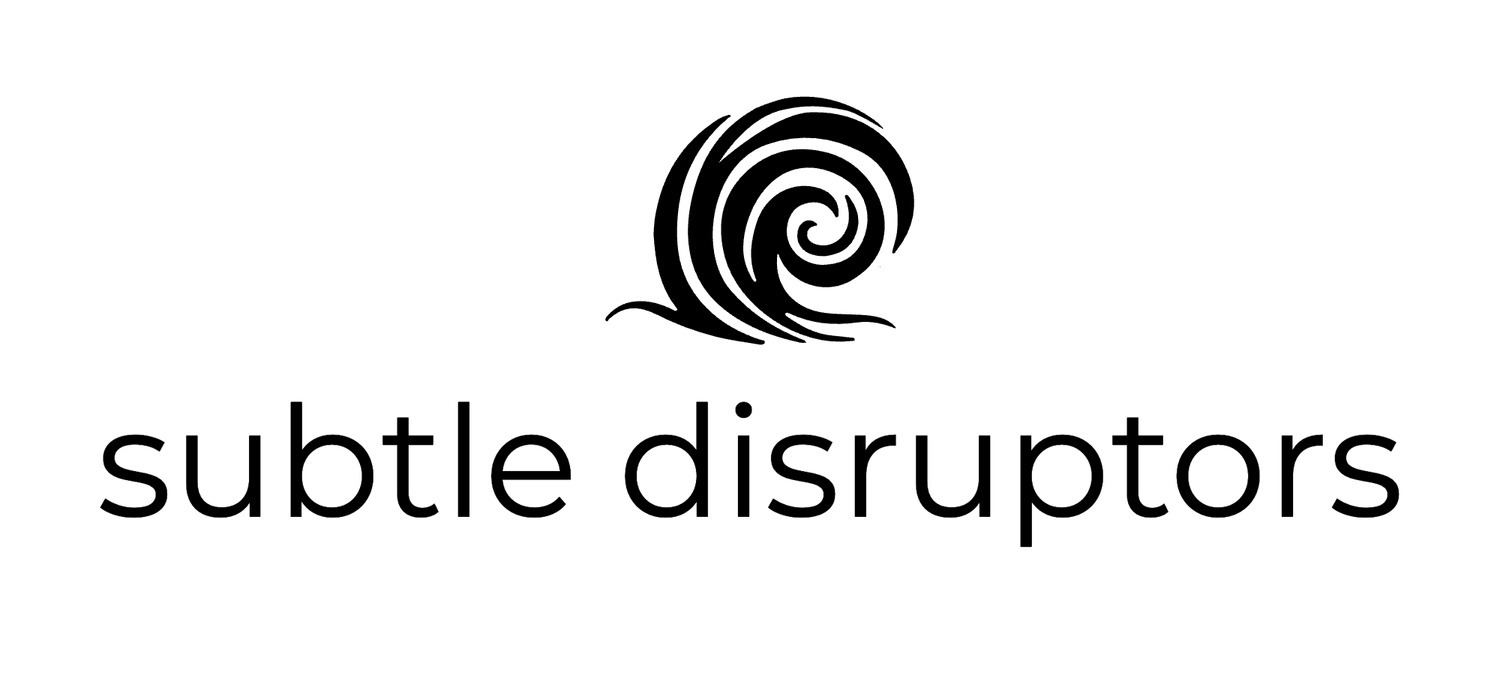some of my thoughts
I write a little. Some of this is old and some of it new. I think my thinking has evolved over time.
My Mantra
I have come up with a mantra that I tell myself each morning. It goes like this:
I am here to explore the mystery and wonder of existence.
I do this through connection and conversation.
I do this through consciousness and wellbeing.
I do this through creation, contribution, and curation.
A new baseline
I remember in the past achieving a certain level of health or fitness, and then falling away from that, and then achieving it again.
It was like I had a limit that I was aiming for, a reference to a time in my youth where I was at my peak.
What I am finding is that I have learnt so much recently about what is possible for humans, for myself, that I have a new baseline.
There is no looking back any more, referencing what I used to be or how I used to feel. I feel so much better than that now. I am learning how to look after myself and to explore the wonders of existence.
And the more I learn and experience the more I see that there is so much more to explore and learn. There is no more looking back, only taking where I am now as a new baseline and platform for exploring all that I can be.
Forms of existence and being
I recently discovered Oliver Sacks and am making my way through his memoir On The Move. Sacks is a physician and author, and two of his famous books are Awakenings (also a movie and documentary) and The Man who Mistook is Wife for at Hat.
There are two central ideas that I have loved from the book. The first is about his approach to working with patients. He writes that he could never consider the symptoms presented to him by a patient without the context of who they were and how they lived. He would always spend time talking with his patients to understand as much about them as possible, which enable him to provide much better insights into their life and condition than making a quick assessment based on what they told him in the first 2 minutes.
This idea fits in very nicely with another book I am reading called The Systems View of Life by Fitjof Capra and Pier Luigi Luisi.
The second central idea is the way he thinks about how his patients experience existence, and not considering things like autism and encephalitis solely as conditions to be one day fixed, but also as alternative ways of being and perceiving with their own positives and negatives.
I love that idea - it makes me think that my 'normal' way of experiencing the world could in fact be impaired in some ways. We know there is much of the light spectrum that humans cannot see; many sounds we cannot hear. What else am I unable to perceive and do that other people, some who are with us now and potentially lifeforms of the future, may be able to perceive and do? How much less than I thought I knew do I actually know?
